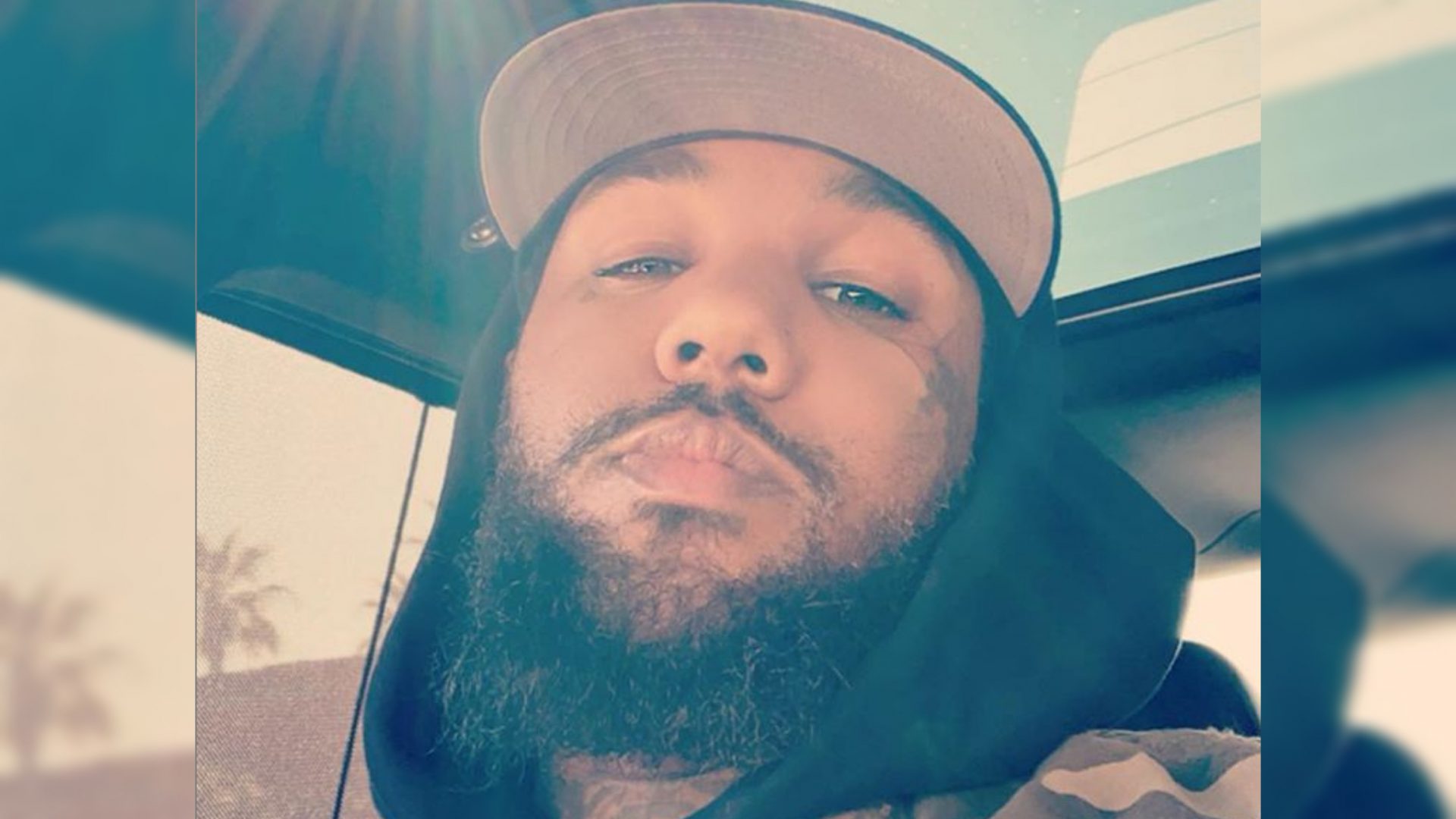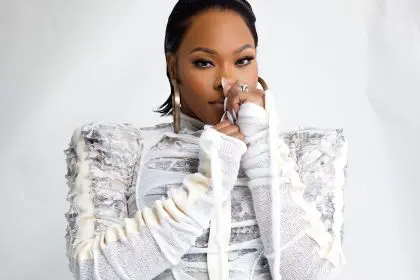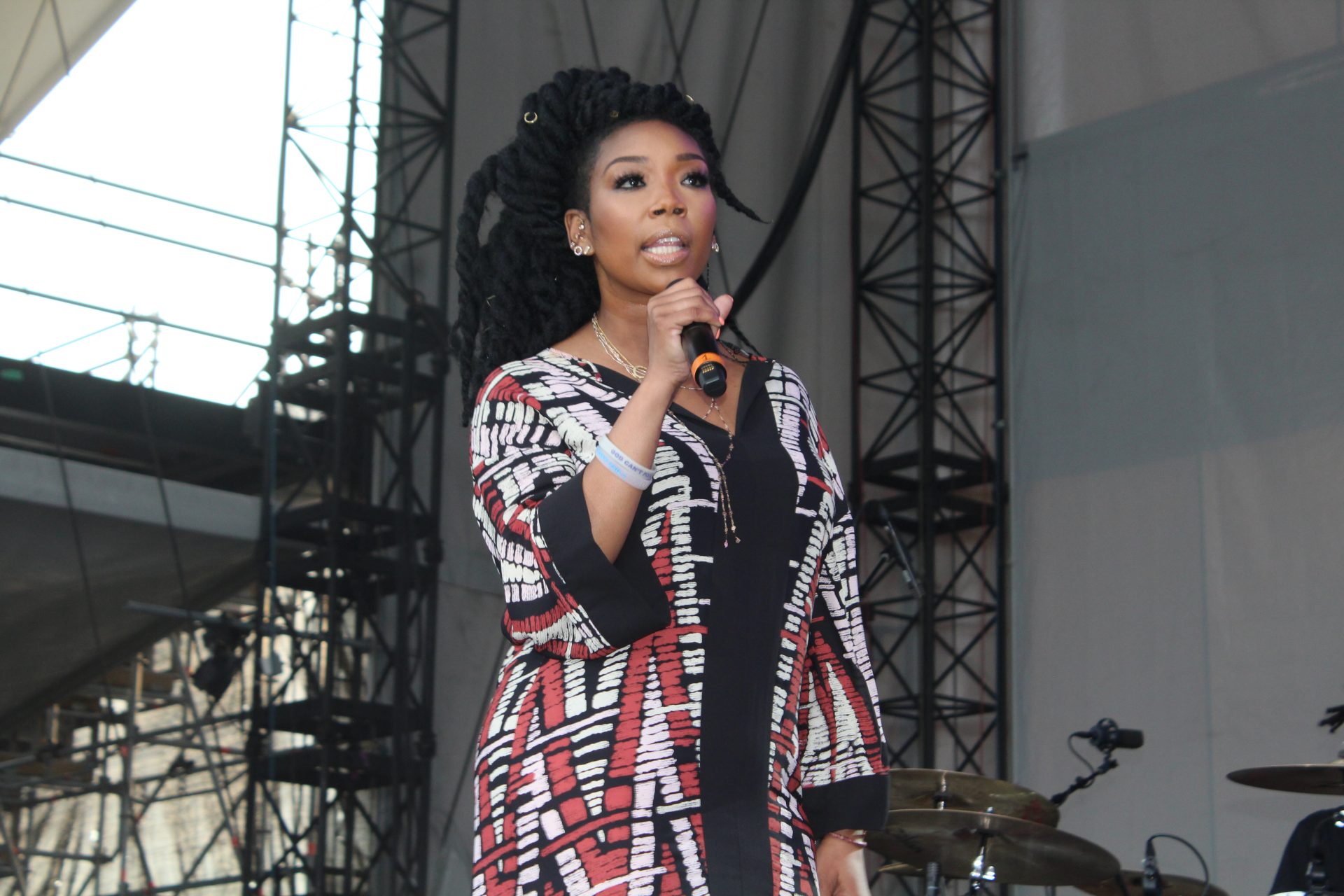In a significant development that’s sending ripples through the hip-hop community, veteran rapper The Game finds himself at a crucial crossroads as legal authorities move to enforce a $7 million judgment against him. The case, stemming from sexual assault allegations by Priscilla Rainey, has escalated to potentially forcing the sale of his luxurious Calabasas residence, marking a dramatic turn in the artist’s career. The implications of this legal battle extend far beyond the immediate financial consequences, threatening to reshape the trajectory of his two-decade-long presence in the music industry.
Case foundations and judicial stance
The roots of this legal battle trace back to Rainey’s allegations of sexual assault, which culminated in a court ruling that held The Game financially accountable. U.S. District Judge Mark C. Scarsi’s recent denial of The Game’s dismissal attempts has solidified the court’s position on asset seizure. The judge’s pending “order to show cause” regarding the dwelling’s sale underscores the gravity of the situation, leaving little room for further delay tactics. This development represents a significant shift in how the justice system handles cases involving high-profile entertainment figures, demonstrating a commitment to enforcing judgments regardless of celebrity status.
Asset implications and financial landscape
The financial ramifications extend beyond the immediate judgment, creating a complex web of monetary challenges for the artist. The Game’s recent misfortune, including a reported $100,000 loss in personal belongings from a car burglary, compounds his mounting financial pressures. The potential forced sale of his Calabasas property represents more than just a monetary loss – it symbolizes a significant personal and professional setback for the established artist. Real estate experts estimate that the current market conditions could further complicate the property’s sale, potentially affecting the recovery of the full judgment amount.
Legal defense challenges and procedural complexities
The Game‘s assertion of improper court document service on August 22, 2024, highlights the complexity of his legal defense strategy. Despite his claims of procedural irregularities, the courts have maintained their position, suggesting a potentially weakening legal standing for the rapper. Legal analysts point out that such procedural challenges rarely succeed at this stage of enforcement proceedings, particularly when dealing with default judgments of this magnitude. The situation has prompted discussions among legal experts about the effectiveness of traditional defense strategies in modern civil litigation involving public figures.
Industry impact and entertainment sector precedent
This case sets a notable precedent within the entertainment industry, particularly in hip-hop circles. It demonstrates the increasing scrutiny and accountability faced by artists regarding personal conduct and legal obligations. The ripple effects of such high-profile cases often influence industry practices and artist behavior moving forward. Entertainment industry insurers have begun reassessing their risk models, while talent management companies are implementing more stringent behavioral clauses in their contracts. This shift represents a fundamental change in how the industry approaches personal conduct liability.
Broader implications for artist accountability
The case has sparked a wider conversation about accountability in the entertainment industry. Record labels and management companies are now developing more comprehensive risk management strategies, including enhanced personal conduct training and legal compliance programs. This evolution in industry practices suggests a growing recognition of the need to address behavioral issues proactively rather than reactively. Artist development programs are increasingly incorporating modules on legal awareness and personal responsibility, reflecting a new era of professionalism in the industry.
Financial industry response
The banking and financial services sector has taken notice of this high-profile case, leading to renewed discussions about how they assess credit risk for entertainment industry professionals. Some financial institutions are reviewing their lending policies for entertainment industry figures, particularly regarding asset-based loans and mortgages. This reassessment could have long-term implications for how artists manage their wealth and secure financing for various ventures.
Future implications and industry evolution
As the legal proceedings continue to unfold, The Game’s situation serves as a cautionary tale about the intersection of personal conduct, legal responsibility, and career sustainability in the entertainment industry. The outcome of this case could have lasting implications for how similar situations are handled in the future. Industry observers note that this case may lead to structural changes in how artists approach their personal and professional lives, with increased emphasis on risk management and legal compliance.
The repercussions of this case extend beyond individual accountability, potentially reshaping industry standards and practices. Management companies are already developing new protocols for artist behavior and risk management, while legal teams are reassessing their approach to defending high-profile clients in similar situations. This evolution suggests a broader transformation in how the entertainment industry handles personal conduct issues and legal responsibilities.

















